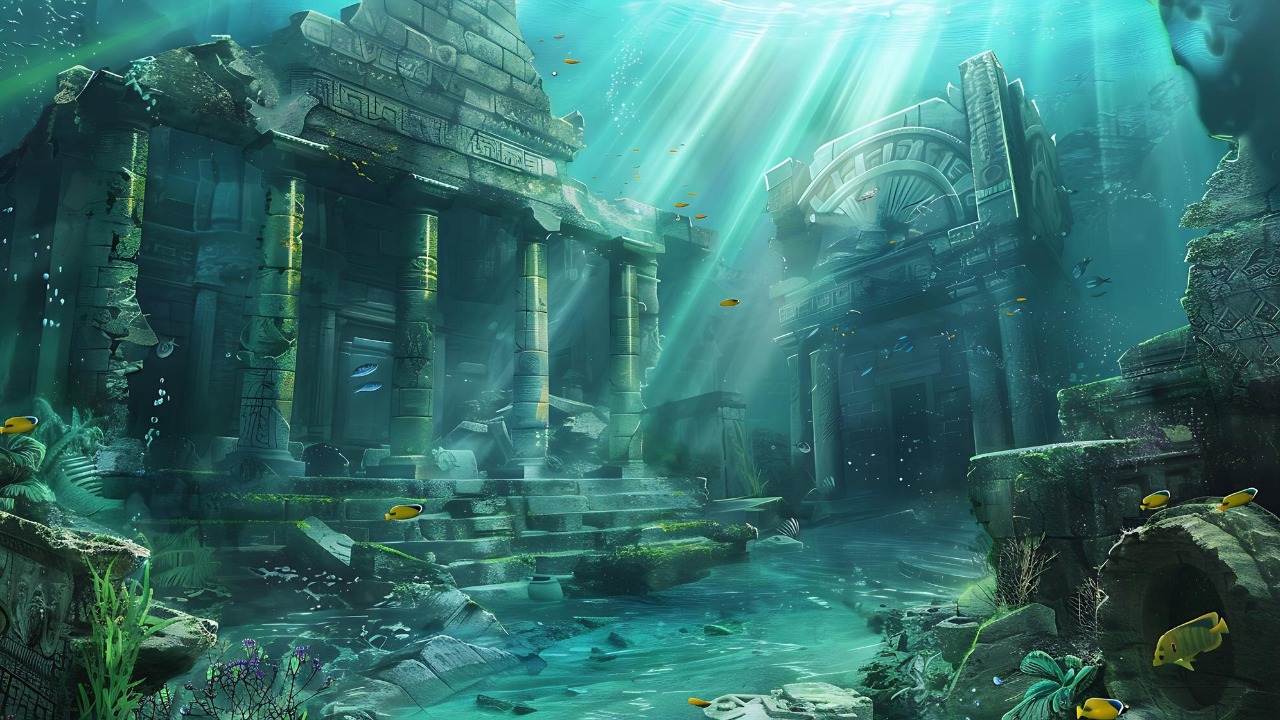
While the mythical city of Atlantis often captures the imagination of many, it’s not the only city whose disappearance has intrigued historians and travelers alike. Cities such as Dunwich in the United Kingdom have also vanished beneath the waves, leaving behind stories and legends that continue to fascinate. The British town of Dunwich, once a thriving port, succumbed to the sea over the centuries, illustrating how natural forces can erase entire communities from the map (The Travel; BBC).
Atlantis: The Mythical Benchmark
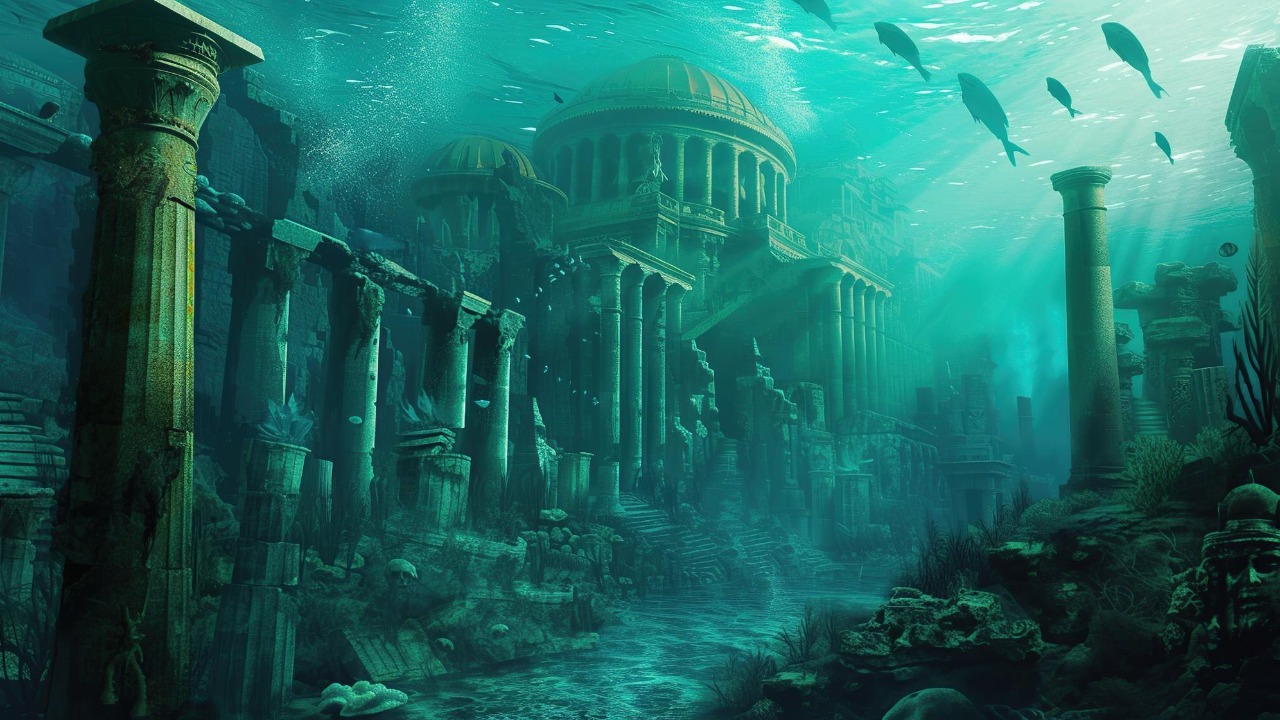
The legend of Atlantis has captivated people for centuries, originating from the works of the ancient philosopher Plato. According to his dialogues, Atlantis was a powerful and advanced civilization that mysteriously vanished beneath the ocean. This narrative has fueled countless theories and debates about its possible existence and location. Some speculate that Atlantis might have been situated near the Mediterranean, while others propose locations as far-flung as the Caribbean or Antarctica (The Travel).
Atlantis’s impact on popular culture is undeniable, inspiring numerous books, films, and even video games. The allure of a lost civilization with advanced technology and wisdom continues to spark the imagination of storytellers and explorers alike. Despite the lack of concrete evidence, the legend of Atlantis serves as a benchmark for discussions about lost cities and the mysteries of ancient civilizations (The Travel).
Dunwich: The British Town Lost to the Sea
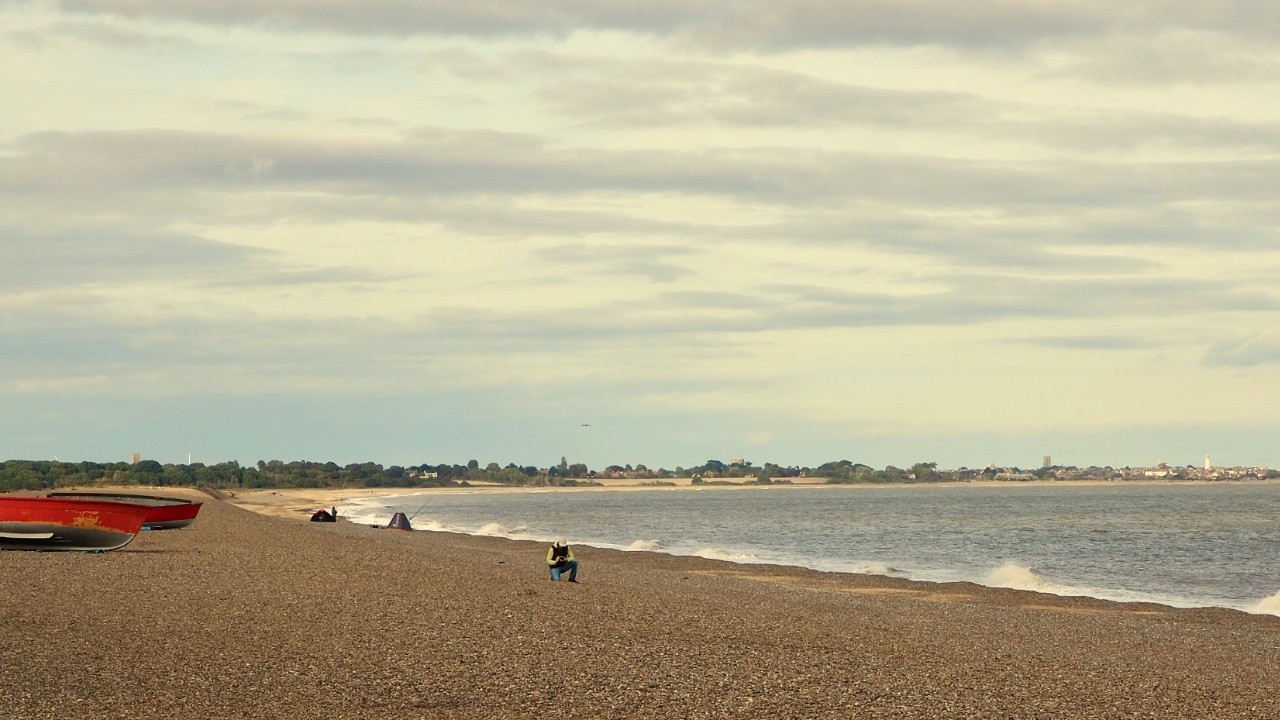
Once a prosperous port town, Dunwich was a significant center of trade and commerce in medieval England. However, over the centuries, it fell victim to the relentless forces of nature. Coastal erosion and a series of devastating storm surges gradually submerged the town, erasing much of its physical presence. Today, only a few remnants of its past glory remain visible, with most of the ancient town lying beneath the North Sea (BBC).
The story of Dunwich serves as a poignant reminder of the power of natural forces and the vulnerability of human settlements. As the sea continues to claim more land, the town’s history is preserved through archaeological efforts and local legends. The tale of Dunwich is not just a story of loss but also a testament to the resilience of communities facing the challenges posed by environmental changes (BBC).
The Silent Sentinels: Lost Cities Across Continents
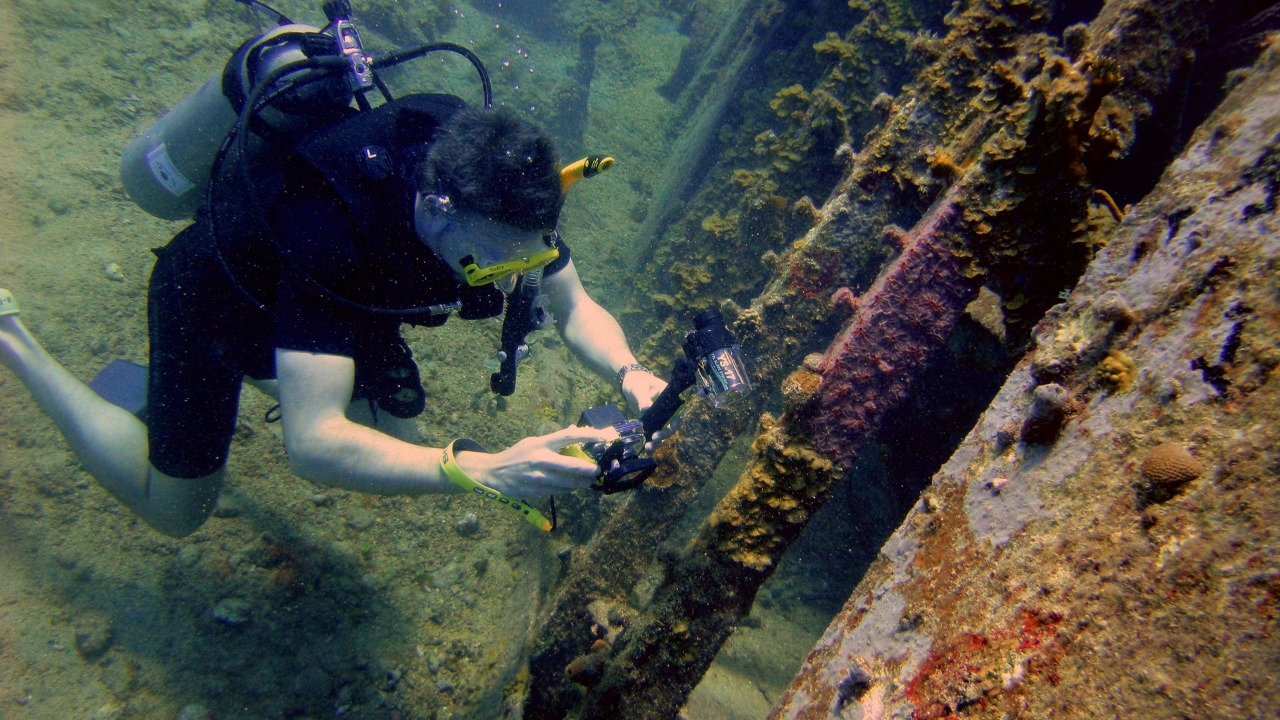
Beyond Atlantis and Dunwich, the world is dotted with other lost cities, each with its own story of disappearance. From the ancient city of Pompeii, buried under volcanic ash, to the Mayan city of Tikal, hidden in the jungles of Guatemala, these sites offer a glimpse into the past. Factors such as natural disasters, climate change, and human conflict have all played roles in the abandonment and eventual loss of these once-thriving communities (The Travel).
These lost cities, often referred to as “silent sentinels,” stand as reminders of the impermanence of human achievements. They challenge us to consider the impact of our actions on the environment and the importance of preserving our cultural heritage. As we uncover more about these ancient places, we gain insights into the lives of those who once inhabited them and the circumstances that led to their decline (The Travel).
The Archaeological Quest
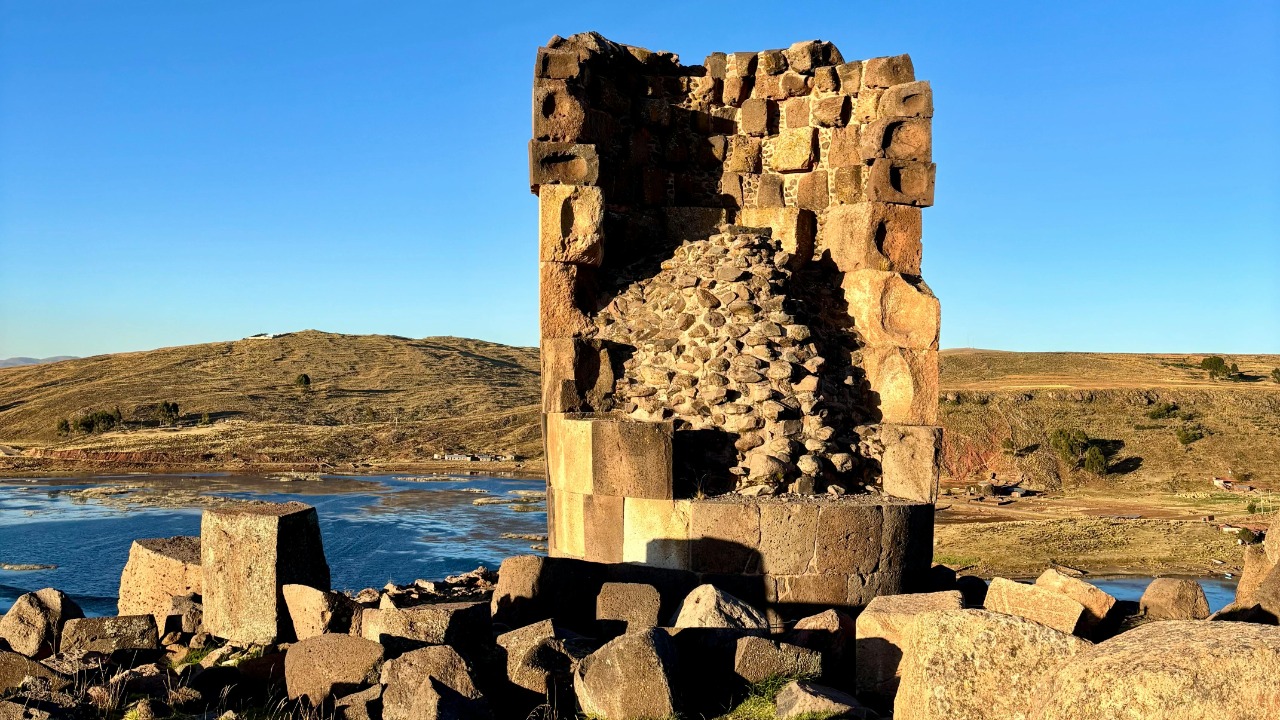
Modern archaeology has made significant strides in uncovering and studying lost cities around the world. Advances in technology, such as underwater archaeology and digital mapping, have opened new avenues for exploration. These tools allow archaeologists to locate and analyze submerged sites with unprecedented precision, revealing details that were once thought lost forever (The Travel).
The quest to uncover lost cities is not just about discovering artifacts; it’s about piecing together the stories of past civilizations. Each discovery adds to our understanding of human history and the factors that shaped it. As researchers continue to push the boundaries of what is possible, they bring us closer to unraveling the mysteries of these ancient worlds (The Travel).
In addition to technological advancements, international collaborations have become a cornerstone of modern archaeological endeavors. By pooling resources and expertise, researchers from various countries can tackle complex projects that would be daunting for a single team. These collaborations often lead to the development of innovative methodologies and the sharing of critical data, enhancing the overall understanding of lost civilizations. Such efforts not only enrich the academic community but also engage the public, fostering a global appreciation for cultural heritage and the stories it holds (The Travel).
Moreover, the ethical considerations of archaeology have gained prominence, with a growing emphasis on respecting the cultural significance of sites to indigenous and local communities. This shift ensures that the quest to uncover lost cities is conducted with sensitivity and respect, acknowledging the living cultures connected to these ancient places. As archaeologists continue to explore, they strive to balance the thirst for knowledge with the responsibility of preserving the dignity and heritage of the communities involved (The Travel).
Lessons from the Past
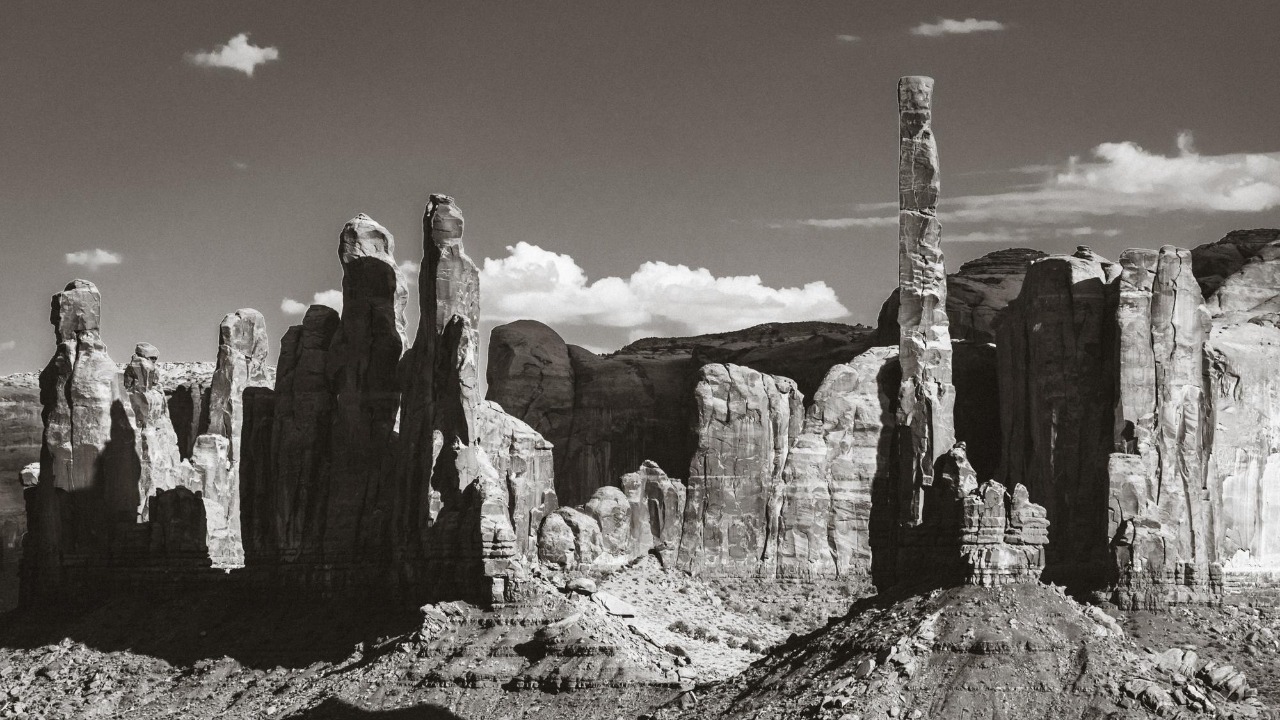
The stories of lost cities offer valuable lessons about environmental change and urban resilience. They remind us of the fragility of human settlements in the face of natural forces and the importance of sustainable development. By studying the past, we can learn how to better prepare for future challenges, such as rising sea levels and climate change (The Travel).
Understanding the factors that led to the decline of these cities can inform modern urban planning and disaster preparedness. As we face an uncertain future, the lessons of lost cities underscore the need for innovative solutions and a commitment to preserving our cultural heritage for generations to come (The Travel).
One of the most profound lessons from lost cities is the importance of adaptability in the face of environmental changes. Historical records and archaeological findings reveal how some civilizations managed to thrive by adapting their agricultural practices, trade routes, and urban planning to changing climates and landscapes. These examples serve as a testament to human ingenuity and resilience, offering a blueprint for modern societies grappling with similar challenges today (The Travel).
Furthermore, the study of lost cities underscores the interconnectedness of human societies. Many ancient cities were hubs of cultural exchange, where ideas, goods, and technologies flowed freely across regions. This interconnectedness often contributed to their prosperity and innovation. By examining these historical networks, we can gain insights into the benefits of cooperation and exchange, which remain relevant in our increasingly globalized world. These lessons remind us that while cities may fall, the knowledge and culture they fostered can continue to influence future generations (The Travel).